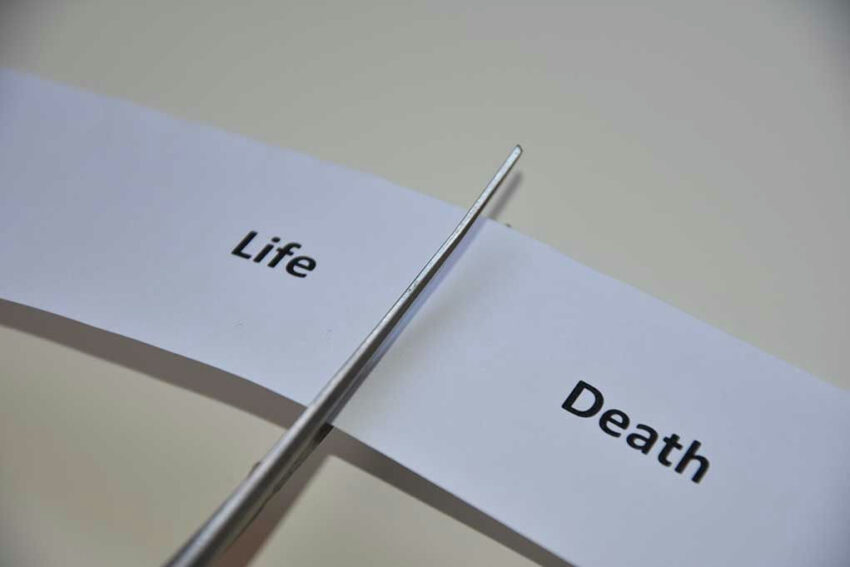President Trump’s bold call for mandatory death penalty in all Washington, D.C. murder cases has ignited a fierce battle over federal power, local control, and constitutional rights.F
Trump Administration Declares Capital Punishment for All D.C. Murders
On August 27, 2025, President Donald Trump announced during a White House Cabinet meeting that his administration will seek the death penalty for all individuals convicted of murder in Washington, D.C. Trump’s statement, “Anybody murders something in the capital, capital punishment,” marks a dramatic escalation in federal efforts to address violent crime in the nation’s capital. This new initiative directly targets the District’s long-standing abolition of capital punishment, signaling a stark reversal from previous local criminal justice policies.
Washington, D.C. has not carried out an execution since 1957, and the death penalty has been formally abolished there since 1981. Traditionally, the D.C. Council and mayor have set local criminal justice policy, with the federal government only stepping in for certain crimes. Trump’s move represents a rare, sweeping assertion of federal power over local sentencing, raising immediate constitutional questions and drawing sharp lines in the ongoing struggle between national authority and local self-governance.
Federal Intervention Versus Local Autonomy
The Trump administration’s policy comes as D.C. grapples with rising violent crime rates and public frustration over perceived leniency and failed “woke” justice reforms. Trump and his team have repeatedly criticized D.C.’s cashless bail policies and what they see as lax enforcement. By pushing for a blanket death penalty in all murder cases, the White House is sending a clear message that the era of tolerance for violent offenders—particularly in the capital—is over. However, this intervention challenges the District’s home rule, setting the stage for a significant legal and political showdown.
D.C. officials, including the mayor and council, are expected to oppose the move vigorously, defending local authority and the right of residents to determine their own justice policies. Civil rights and criminal justice reform groups are preparing to challenge the policy on both legal and ethical grounds, warning that a mandatory death penalty could undermine due process, increase the risk of wrongful convictions, and disproportionately affect marginalized communities. The courts—and ultimately, perhaps, the Supreme Court—may be called upon to determine the limits of federal power in the capital.
Broader Implications for Conservative and Constitutional Values
Trump’s announcement is part of a broader series of executive actions aimed at restoring law and order after years of what supporters view as leftist overreach. Just one day prior, the President signed orders targeting cashless bail and flag-burning, further underscoring his administration’s commitment to public safety and traditional American values. For many conservatives, the death penalty policy is a long-overdue response to rampant crime and a necessary assertion of federal authority to protect the nation’s seat of government.
However, the policy also raises fundamental constitutional questions. Critics argue that imposing capital punishment in a jurisdiction that has expressly abolished it may violate principles of self-government and due process. Legal scholars are divided on whether Congress and the executive branch have the authority to override local preferences on such a critical issue. Regardless of the legal outcome, the move is certain to intensify the national debate over the balance of power between federal and local governments, the proper limits of executive authority, and the role of the death penalty in American justice.
Political and Social Fallout: What’s Next for D.C. and the Nation?
The announcement has already begun to polarize opinion, energizing Trump’s base while galvanizing opposition from progressive activists and D.C. officials. Supporters argue that a tough stance is necessary to deter violent crime and reclaim public spaces, especially after years of failed experiments with lenient policies. Opponents, by contrast, see the move as an overreach that tramples local democracy and risks miscarriages of justice. Immediate legal challenges and street protests are likely as the administration moves forward with implementing the policy.
Trump: ‘No Choice’ but Death Penalty for Murders in D.C.President Donald Trump announced that his administration will enforce the death penalty for those found guilty of murder in Washington, D.C., stating during a televised Cabinet meeting that “we have no choice” due to its…
—
BREAKING NEWS INVESTIGATIVE JOURNALISM
TRUMP (@TalkAboutNews__) August 27, 2025
In the short term, the policy could have a chilling effect on ongoing criminal justice reform efforts in D.C. and beyond. If implemented, it would set a powerful precedent for expanded federal intervention in local matters, potentially reviving the use of the death penalty in other jurisdictions as well. The ultimate outcome will depend on the resolve of the Trump administration, the response from D.C. leaders, and the rulings of the federal judiciary. What is certain is that the battle over crime, punishment, and constitutional authority in the nation’s capital is only just beginning.
Sources:
Trump Admin Live Updates (ABC News)
Trump Calls for Death Penalty in All DC Murder Cases (Democracy Now)
Click this link for the original source of this article.
Author: Editorial Team
This content is courtesy of, and owned and copyrighted by, https://www.rightwinginsider.com and its author. This content is made available by use of the public RSS feed offered by the host site and is used for educational purposes only. If you are the author or represent the host site and would like this content removed now and in the future, please contact USSANews.com using the email address in the Contact page found in the website menu.





